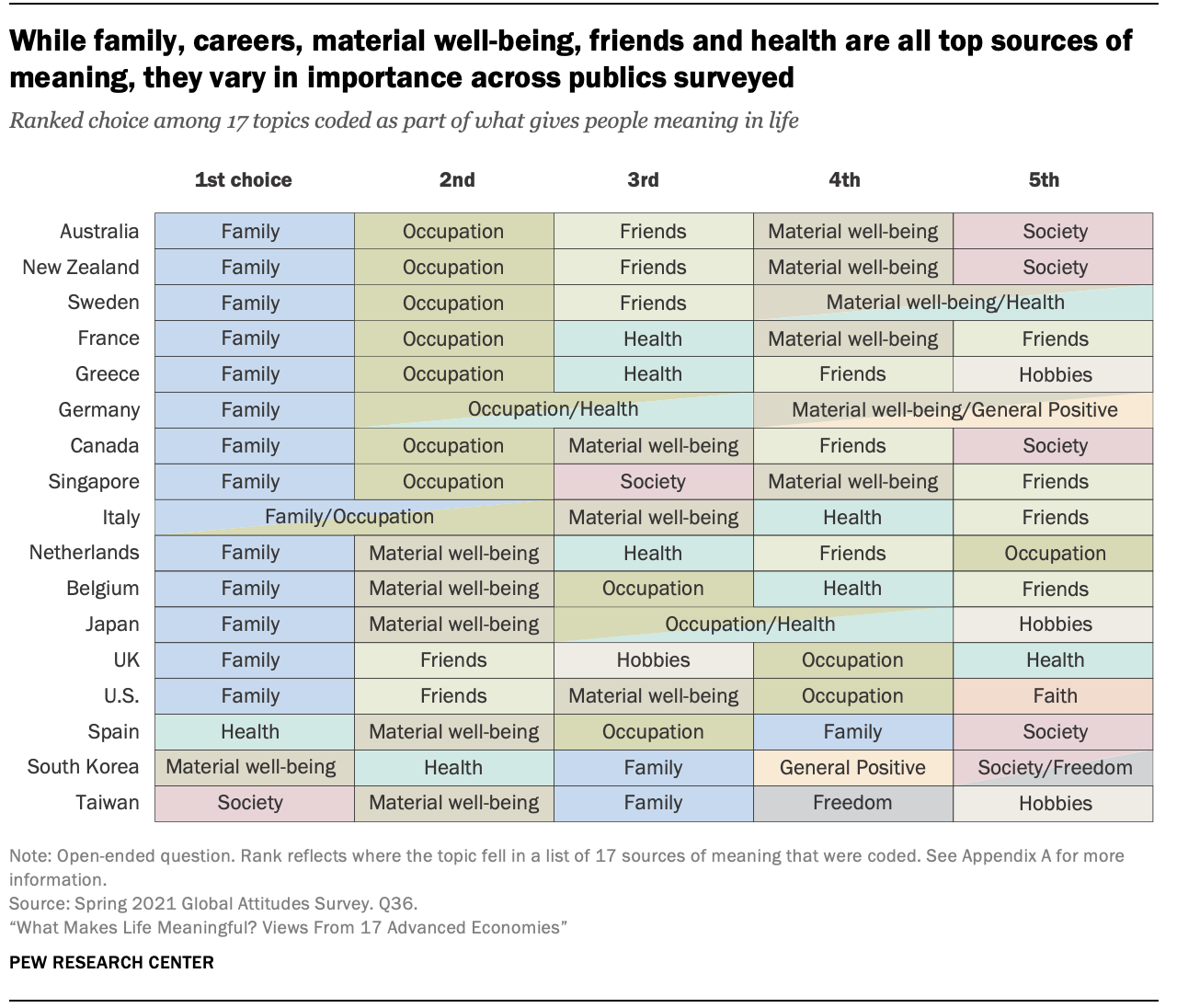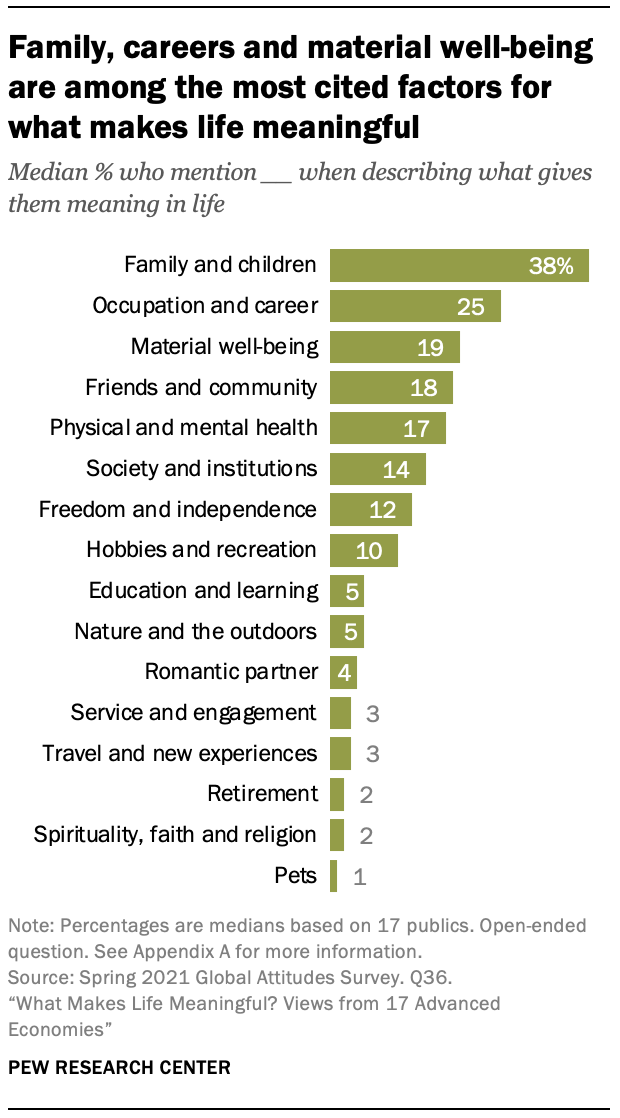

Opinion poll: Differences in values between Japan and South Korea: Pew Research Center
-The distrust that Japanese people have in Korea-
Differences in values between Japan and South Korea:
“The values of Japanese and Koreans are greatly different” complicates the issue of Japan and South Korea.
US polling agency
Pew Research Center
This year, we conducted a questionnaire survey of adults in 17 countries around the world.
We asked, “What do you find most valuable in your life?”
Results of polls:
The following results were obtained.
Korea’s number one was “material happiness.”
The first place in Japan is “family”.
“Family bond”
“Family ties” are common to the other 14 developed countries.
“Material happiness”
The strong attachment of Koreans to money may be the background to the affliction with Japan.
Importance of mutual trust:
Koreans attach great importance to money.
The Japanese value the family beyond that.
This difference in mindset complicates Japan-South Korea relations.
Japanese values: chrome:
The Japanese values are the same as the G7.
This may be the “reason why Europe and the U S have a greater sense of familiarity with Japan.”
Japan will always keep the promises it has made.
Keeping promises creates a sense of mutual trust.
World view of Toshiyoshi Katsumata
http://hisayoshi-katsumata-worldview.com/archives/27979939.html
What Makes Life Meaningful?
Views From 17 Advanced Economies
TABLE OF CONTENTS
What do people value in life?
How much of what gives people satisfaction in their lives
is fundamental and shared across cultures, and how much is unique to a given society?
To understand these and other issues,
Pew Research Center
posed an open-ended question about the meaning of life to nearly 19,000 adults across 17 advanced economies.How we did this From analyzing people’s answers, it is clear that one source of meaning is predominant: family.
In 14 of the 17 advanced economies surveyed, more mention their family as a source of meaning in their lives than any other factor.
Highlighting their relationships with parents,
siblings,
children and grandchildren,people frequently mention quality time spent with their kinfolk,
the pride they get from the accomplishments of their relatives and even the desire to live a life that leaves an improved world for their offspring.
In Australia,
New Zealand,
Greece and the United States,around half or more say their family
is something that makes their lives fulfilling.Many also highlight the importance of having one’s basic financial needs met
– or even having some level of luxury –
in order to lead a meaningful life.
In nine of the 17 publics surveyed,
material well-being
is one of the top three factors people cited and, in most places, around one-in-five or more mention it.In South Korea,
it even emerges as the top source of meaning.Still, the lifestyle elements respondents cite run
the gamut from“food on the table” and “a roof over my head”
to “a decent income to support my family” and “no debt” to “enough money”
to enjoy riding motorcycles or other activities like travel.
Pew Research Center